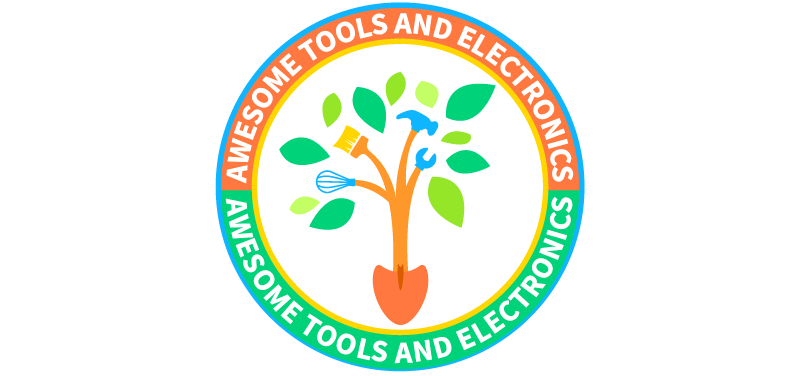Pressure cookers have recently surged in popularity for their ability to cook food efficiently. But like any kitchen appliance, there are pros and cons to using a pressure cooker. In this article, we’ll examine the benefits and drawbacks of utilizing a pressure cooker.
Pros:
- Speed: The main advantage of using a pressure cooker is speed. Because pressure cookers use high pressure and heat to cook food, they can cook food much faster than traditional methods. For example, a pot roast that would take several hours in the oven can be cooked in under an hour.
- Energy Efficiency: Pressure cookers are also energy-efficient. Because they cook food quickly, they use less energy than traditional cooking methods. Plus, because they retain heat well, they maintain heat for a longer period of time, keeping your food warm without using additional energy.
- Retains Nutrients: Pressure cooking can also help retain more of the nutrients in your food. Because the cooking time is shorter, the vitamins and minerals in your food are less likely to break down or be lost during the cooking process.
- Versatility: Pressure cookers can cook various foods, from meats and vegetables to grains and beans. They can also be used for canning and preserving foods.
Cons:
- Safety Concerns: The biggest downside of using a pressure cooker is safety concerns. Because they use high pressure and heat, the cooker can explode if not used properly. However, modern pressure cookers are designed with safety features to prevent this from happening.
- Limited Capacity: Pressure cookers also have a limited capacity. Because they rely on steam to cook food, you need to ensure there is enough space for the steam to circulate. This means that pressure cookers are often smaller than other cooking vessels and may not be suitable for large batches of food.
- Not Ideal for Certain Foods: While pressure cookers are versatile, they may not be ideal for certain foods. For example, a pressure cooker can easily overcook delicate foods like fish and eggs. Additionally, some people find that pressure-cooked vegetables have a softer texture than those cooked using other methods.
- Maintenance: Finally, pressure cookers require maintenance. They need to be cleaned regularly, and the gasket and pressure release valve must be checked periodically for wear and tear. Plus, if the gasket or valve becomes damaged, it must be replaced.
Conclusion
In conclusion, pressure cookers are a versatile and efficient way to cook food, but they come with some drawbacks. Safety concerns, limited capacity, and maintenance requirements are all things to consider before investing in a pressure cooker. However, for those who are willing to take the time to learn how to use them safely and properly, the benefits of pressure cooking can be well worth it. Ultimately, the decision to use a pressure cooker will depend on your cooking preferences and needs.
